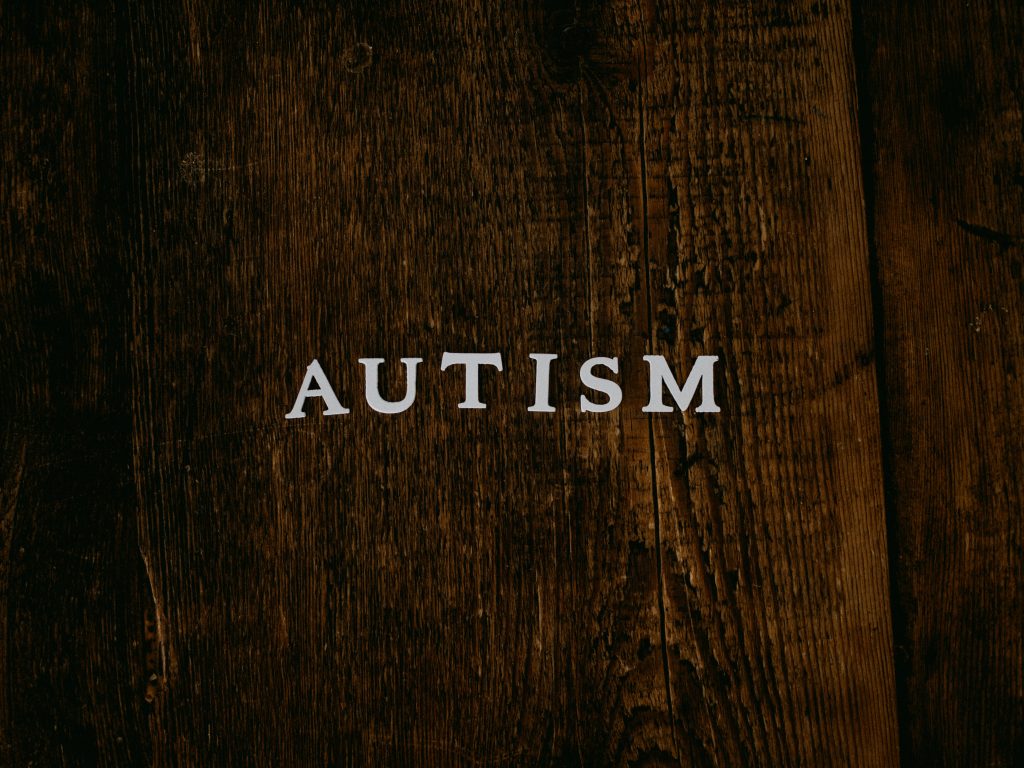Things Every Parent Needs to Hear When a Diagnosis Changes Everything

Photo by CDC
“It felt like the floor dropped out from under me.“
That’s how Meghan Herbert described the moment she got the autism diagnosis for her son, Owen when he was two. She knew something was different about him. Hearing it from the doctor hit her like a wave.
“I wanted to run out of that room and pretend it didn’t happen,” she said in an interview with Today Parents.
She didn’t run, but got up, walked out and started learning.
Source: “Autism diagnosis: Mom opens up about the moment she learned her son was on the spectrum” — Today.com
https://www.today.com/parents/mom-autism-diagnosis-son-t251695
If you’re reading this, you may be standing where Meghan once stood. You’re stunned, overwhelmed, and a little scared.
Find your calm, everything will be okay. You don’t have to figure it all out in one day.
You are your children’s greatest hero. You need to save and care for them in the journey ahead.
7 Things Every Parent Needs to Hear When a Diagnosis Changes Everything

Image from Peter Burdon
1. This Is Not Your Fault
Kindly permit me to say that again ‘this is not your fault’. It is not because of something you did or didn’t do. Neurodivergence is not a punishment. It is a different wiring. Your child is still whole, worthy, and deeply loved.
2. Grief Is Normal, So Is Joy
It is okay to cry, to feel sad, and even feel lost. You had dreams and expectations, but this diagnosis has changed the path you imagined.
Guess what?
There will also be laughter and surprises ahead, wins that will make you dance in your kitchen. Give yourself space for both.
3. You Are the Hero of Your Child’s Journey
Doctors, psychologists, educators, and therapists are your partners, yet you are the constant. You have the right to ask questions, say no, and to choose what is best for your child. Don’t be afraid to trust your gut. It is powerful.
4. Labels Don’t Limit Potential
A diagnosis is a tool, not a box.It opens the door to support, but it does not define the future. Your child can grow, thrive, and soar in ways you can not yet imagine.
5. Build a Village (Even If It’s Small at First)
No one should walk this journey alone. Find a support group. Talk to another parent. Start with just one connection because one can lead to many. Even online spaces like ‘The Mighty’, ‘Autism Speaks’, or Facebook groups can become lifelines. Sometimes, your greatest strength comes from knowing you are not alone.
6. Progress Is Not Always Linear
There will be great days. There will be days when nothing seems to work. That’s not failure; it is part of the rhythm. Celebrate the small steps. They matter more than you know. Over time, they become the milestones that shape the journey.
7. Your Love is the Best Therapy
You do not need a PhD or all the answers. You just need to show up. Read the story, ‘sing that song, and hold that little hand’. That is the power of healing, and it is more than enough.
This is What an Expert Has to Say
Dr. Rick Solomon is a developmental and behavioral pediatrician and founder of ‘The PLAY Project’, he explains:
“The most powerful therapy is a loving parent. What neurodivergent children really need is engagement, joy, and connection and that can start at home.”
Dr. Rick Solomon, in an interview with Autism Parenting Magazine, Issue 125 (2022).
As a parent, is there something you wish you had known when your child was first diagnosed? Share your thoughts in the comments.
Citations:
1. Herbert, Meghan. “Mom opens up about the moment she learned her son was on the spectrum.” Today.com.
https://www.today.com/parents/mom-autism-diagnosis-son-t251695
Solomon Rick. “The PLAY Project: Why Parent-Led Therapy Works.” Autism Parenting Magazine, Issue 125, 2022.
https://www.autismparentingmagazine.com/the-play-project-therapy-autism/







